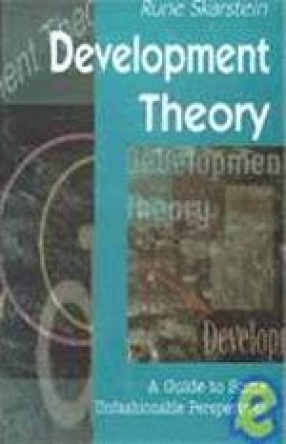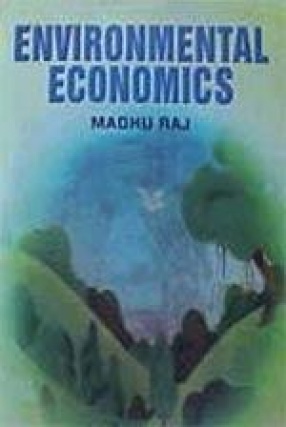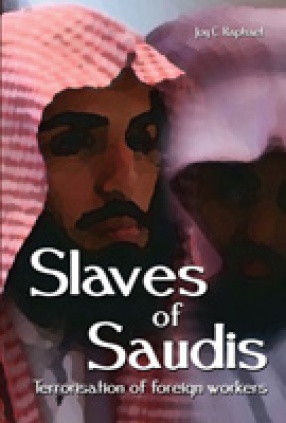There has been a marked tendency towards fragmented specialization in the field of development studies over the last two decades. Economists have become increasingly interested in isolated development problems and issues, losing sight of the relevance of these problems to the overall process of socio-economic development. Adopting a critical attitude towards such a trend, this book discusses a broad range of theories of economic development and underdevelopment, while emphasizing the usefulness of holistic approaches that view development as a historical process. Our journey starts with the relevant literature from marx and Lenin, to neoclassical theories of inernational trade and the critique by the ECLA school under Raul Prebisch, and onward to the dependency theorists–Gunder Frank, Amin and Wallerstein. This book deal in some detail with W.A. Lewis’ dualism theory that focused on the internal relationship within the underdeveloped economy, the extensions of his model by Jorgenson, Fei and Ranis, and Harris and Todaro, and Nicholas Kaldor’s seminal contributions to dualism. It also comprehensively covers the question of determination of the agricultural surplus in analysing the significance of the role of agriculture and agricultural surplus in the process of development. There is no one book that deals with the significant schools of thought within development economics. With its extraordinarily wide scope, this book will prove an invaluable and fascinating journey for senior undergraduate and postgraduate students of economics, teachers and researchers.
Role conflicts in Indian schools
$19.00
$20.00





There are no reviews yet.